-
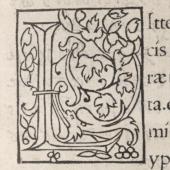
Constantinus Lascaris (1434–1501) Erotemata
-
![Aristoteles (384–322 BC) [<em>Opera</em>], vol. 1: <em>Organon (Logica vetus)</em>](https://exhibitions.lib.cam.ac.uk/filestore/9/4/3_df69e418681ce65/943_alt_2068_19b801af80a7c96.jpg)
Aristoteles (384–322 BC) [Opera], vol. 1: Organon (Logica vetus)
-
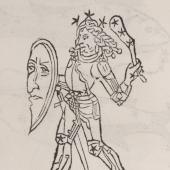
Aratus (d. ca 245 BC) Phaenomena
-
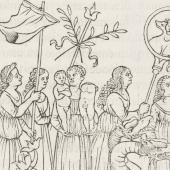
Hypnerotomachia Poliphili
-
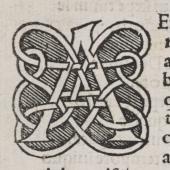
Lucretius Caro (99–55 BC) De rerum natura (1500)
-
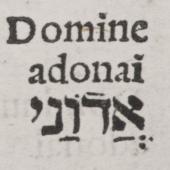
Aldus Manutius (1452?–1515) Introductio perbreuis ad hebraicam linguam
-
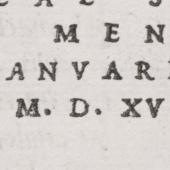
Lucretius Caro (99–55 BC) De rerum natura (1515)
Greek, Latin and Hebrew texts
Aldus Manutius
Aldus started his printing business when already in his forties. His aim was clear: to publish the works of ancient classical authors, mostly Greek, purged from all the mistakes superimposed to the original texts by careless scribes and earlier printers, and freed from the burden or mediation of medieval commentaries and translations.
Financial constraints forced him instead to make concessions and introduce Latin translations to Greek texts and some contemporary vernacular texts into his publishing programme. Time limits imposed by the printing process allowed oversights and mistakes to escape his proof-reading. His plan to publish a triliangual edition of the Bible was also destined to remain but a dream.
Despite all difficulties, though, Aldus never lowered the standards of his publications in terms of text editing nor in the quality and elegance of printing. As Erasmus put it “Aldus is building up a library that has no other limits than the world itself” (Adagia, 2.1).